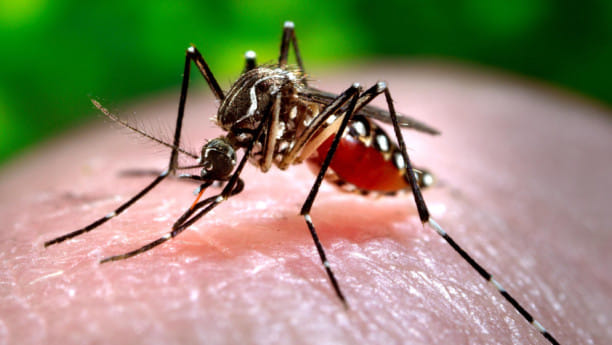Simple habits to keep your family safe from chikungunya

Recently, chikungunya has been making headlines. Staying one step ahead means treating every drop of stagnant water and every uncovered container as a potential threat. With consistent small actions, both at home and in the neighbourhood, we can protect our families from needless suffering.
The disease is spread by the same Aedes mosquitoes that already trouble us with dengue. The puddle left to sit on construction sites after rain, the half-broken bucket behind the house, or the uncovered water jar on the balcony are all common places for the insects to thrive. Prevention is the only effective weapon in the battle against chikungunya — a cumulation of practices rather than a single action that can build a barrier of defence around families and communities.
Using mosquito nets and repellents is a classic defensive measure. However, a net might seem like a bother on hot, humid evenings; small actions like placing nets on doors and windows can have a significant impact. Clothing is important as well. When going outdoors during peak biting hours, loose long sleeves and trousers can work as a line of defence.
In many Bangladeshi homes, keeping water is a necessity, not a choice. However, jars and drums become larval nurseries when people leave them exposed. A fine mesh cover or even a simple lid that fits snugly can end that cycle.
Protecting the healthy while providing care for the ill is another step that is often overlooked. By keeping a person from getting bitten during the first week of their illness, you can stop mosquitoes from transmitting the virus. It is a communal duty as much as a personal one. Neighbourhood clean-up campaigns, which are frequently organised by nearby schools, mosques, or even resident groups, are more than just symbolic — they actually reduce breeding grounds.
And then there are subtle defences, trimming overgrown vegetation, avoiding ornamental plants that retain water in their leaves, and designing homes and compounds with adequate drainage to prevent rainwater from accumulating can all be beneficial.



 For all latest news, follow The Daily Star's Google News channel.
For all latest news, follow The Daily Star's Google News channel.
Comments